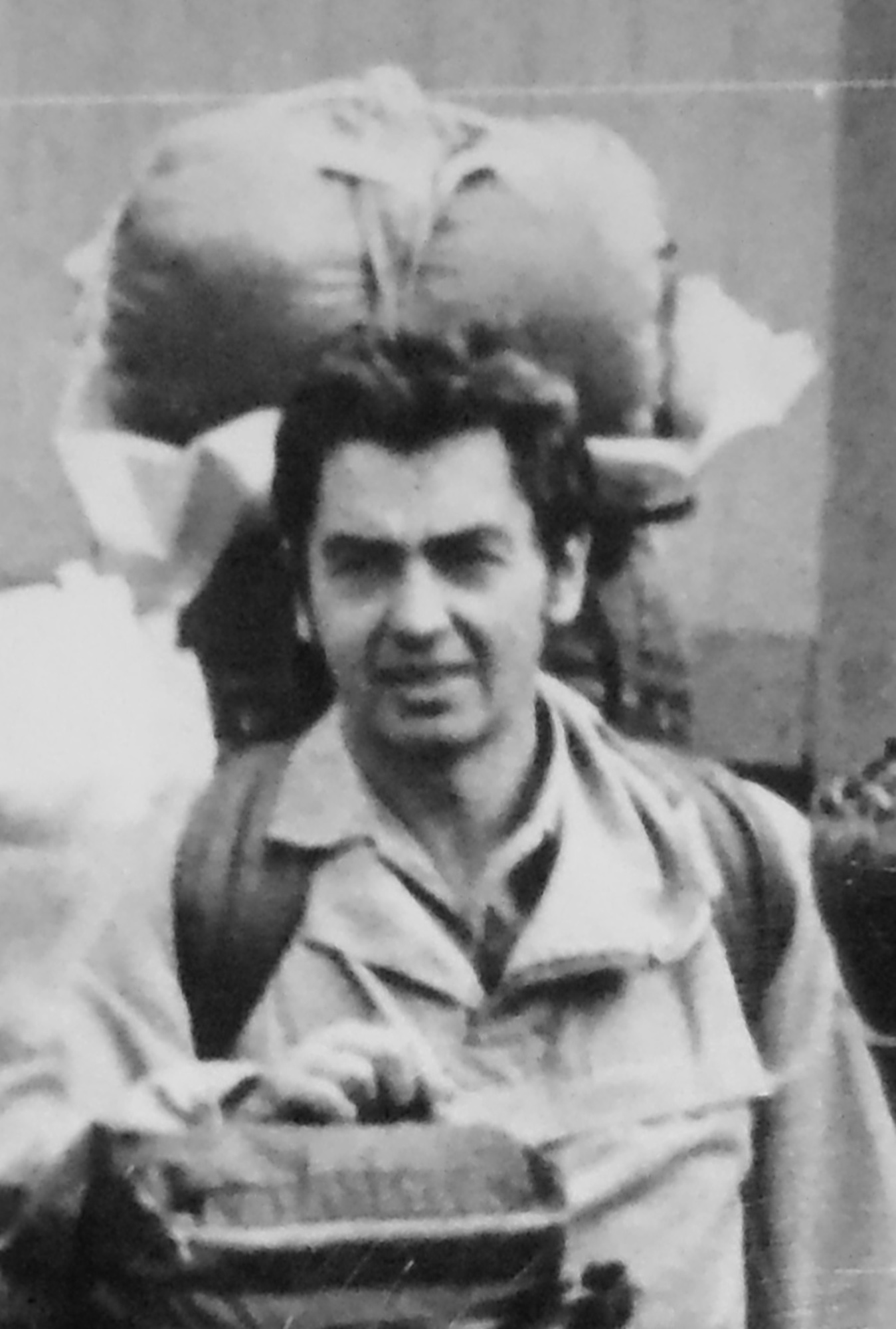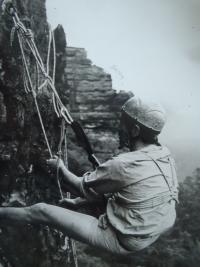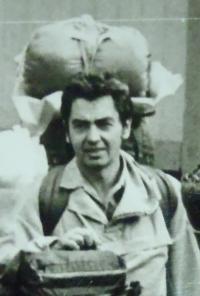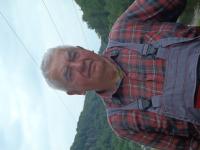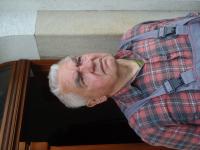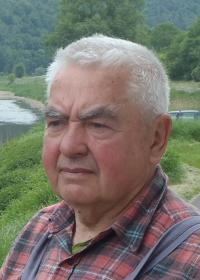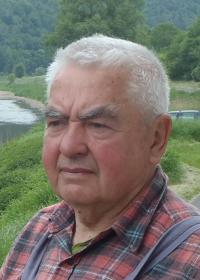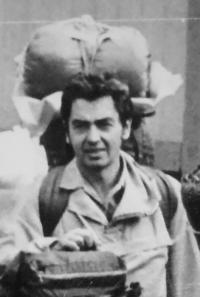My life had a lesser value after war than a cone of cherries.
Jindřich Strauss was born on 29 July, 1939 in Chlumec near Chabařovice. He is the last surviving aborigine in Dolní Žleb in the Děčín region. He comes from a mixed marriage; his father´s family was socially democratic and at the end of 1930s he agitated against joining the Sudetenland to the Reich. The family spoke German, the witness learnt Czech in elementary school. He apprenticed a watchmaker. He devoted himself to the craft for thirty years and then ensured the statics sandstone massif in the Děčín region. Following the Velvet revolution he was shortly employed in a shop with sports goods and for six years guided visitors of Hrensko gorges. Until his fifties he was practising mounting climbing; since 1970 he lead the youth in Děčín mountaineering club.
